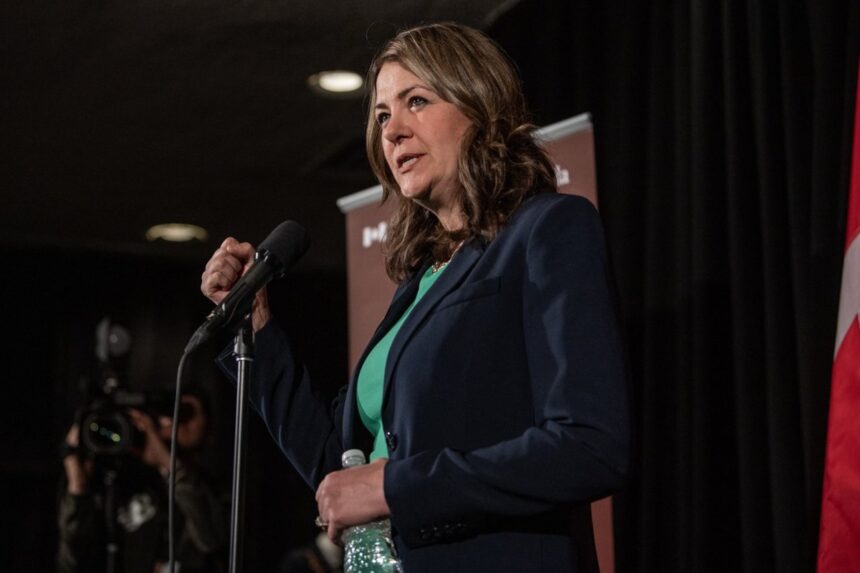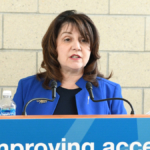In a move that’s stirred significant controversy across our province, Alberta health care unions are pushing back against the government’s plan to limit free COVID-19 vaccines. As someone who’s covered health policy developments in Edmonton for years, I’ve rarely seen such unified opposition from frontline workers.
The United Nurses of Alberta and the Health Sciences Association of Alberta have joined forces, calling on the province to reverse course on a policy they believe could impact public health outcomes. Their concerns center around accessibility and what they describe as an unnecessary barrier to preventative care.
“This isn’t just about dollars and cents,” says Heather Smith, president of the United Nurses of Alberta, whom I spoke with yesterday. “It’s about ensuring every Albertan can protect themselves without financial considerations getting in the way.”
Under the proposed changes, free COVID-19 vaccines would be restricted to specific high-risk groups starting this fall. These include seniors over 65, residents of continuing care facilities, and individuals with certain medical conditions. For everyone else, accessing the vaccine would require payment.
The Alberta government defends this approach as aligning with policies for other respiratory viruses like influenza. Health Minister Adriana LaGrange’s office maintains this represents a natural evolution in how we manage COVID-19 as it transitions from pandemic to endemic status.
Walking through downtown Edmonton yesterday, I encountered mixed reactions from residents. Sarah Janssen, a mother of three, expressed concern about the financial impact on families. “We’re already stretching every dollar with inflation. Adding vaccine costs feels like one more thing to worry about,” she told me while waiting at a bus stop on Jasper Avenue.
The health unions argue this policy shift arrives at a particularly sensitive time. Alberta has experienced record-breaking respiratory illness seasons recently, with hospitals and emergency rooms frequently operating beyond capacity. Last winter, I visited the Royal Alexandra Hospital and witnessed firsthand the strain on our healthcare system during peak respiratory virus season.
Mike Parker, president of the Health Sciences Association of Alberta, emphasized the potential downstream costs. “When people can’t access preventative care, they often end up needing more expensive interventions later,” he explained during a media availability I attended at the union’s headquarters.
Public health experts I’ve consulted note that vaccine uptake typically decreases when financial barriers exist. Dr. Noel Gibney, professor emeritus at the University of Alberta’s Faculty of Medicine, pointed out that “even modest costs can dramatically reduce vaccination rates, particularly among lower-income populations.”
The timing of this announcement has also raised eyebrows. Coming just before the fall respiratory virus season, health care providers worry about implementation challenges and public confusion. Several nurses I spoke with at a community health center in Edmonton’s Bonnie Doon neighborhood expressed frustration about having to explain these changes to patients.
For many Edmontonians, especially those living paycheck to paycheck, this policy raises practical questions about health priorities and household budgets. The average cost of COVID vaccines, if they follow private market pricing similar to other countries that have implemented such policies, could range from $100 to $150 per dose – not insignificant for families already feeling economic pressure.
Community health advocates point to successful vaccination campaigns as one of the key tools that helped Alberta weather the worst of the pandemic. Removing free access, they argue, represents a step backward in public health policy.
As this story continues to develop, I’ll be following the government’s response to these union concerns and speaking with more Edmontonians about how this policy might affect their health decisions this fall.
In the meantime, health officials recommend that those currently eligible for free vaccines under existing programs should take advantage of them before any policy changes take effect. For information about current eligibility and clinic locations, residents can visit Alberta Health Services’ website or contact their primary care provider.







